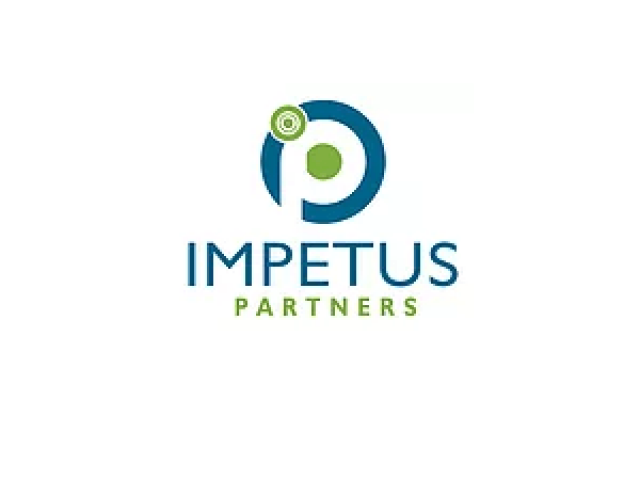According to the World Bank, Singapore is ranked in the top three out of the one hundred and ninety in Ease of Doing Business, Overall Rank of a group, and Starting a Businesses. Moreover, in the US News Global report, Singapore is ranked second in the mover’s subcategory. This represents the country’s growth in terms of an individual’s purchasing parity corresponding to the GDP. In 2014, the Economist Intelligence Unit ranked Singapore, regionally and globally, as the most attractive investment location. How did Singapore become one of the world’s leaders in business and entrepreneurship in less than a century since its independence from Malaysia?
Government Interferences
The government strongly supports businesses by creating an environment where they can thrive. They are very inclusive of businesses from foreign, local, developed as well as start-ups. They foster this environment with highly appealing tax framework, many trade agreements, programs that help connect companies to other local and international companies, and create a sense of community.
Tax Framework
Singapore’s tax framework has denoted the country to the status of a “tax haven,” joining the ranks of countries such as Luxembourg, Switzerland and the Netherlands. Generally, the criteria for a tax haven is a nominal tax on relevant income. There is also a lack of effective exchange of information, transparency and substantial activities. The tax framework in Singapore combined with its central location in Southeast Asia makes it a desirable location for companies to establish headquarters.
Start-up businesses, in particular, can take advantage of Singapore’s tax law. In the first three years, they simply need to declare a zero tax exemption on their $74,000 US dollars worth of income. At the end of the third year, start-ups are eligible for a partial tax exemption once the income has reached $222,000 US dollars. The exemption translates to an 8.5% corporate tax rate. Therefore, companies can earn more than $20.7 million US dollars with a total tax exemption through the Productivity and Innovation Credit.
Trade Agreements
Singapore has an open economy where people and businesses can trade goods and services in an international community with very few restrictions. Singapore’s open economy is supported by the country’s myriad of Free-trade Agreements. It has established over 23 implemented agreements with countries all over the world. These agreements enable simplified trade procedures and advanced regulations on obtaining information in terms of the classification origin, valuation of their goods, and expeditious release of goods from customs. There are also fewer regulatory barriers for goods and service exports, facilitation for the 21st-century economy. To elaborate, this means that your intellectual property rights are protected through an avenue for recourse. This means that if there is an investment with ill-intention, you can seek recourse through international arbitration.
Here is a link to the Free Trade Agreement booklet published by Singapore’s Ministry of Trade and Industry.
Start-up Businesses
The competition for start-up businesses is not only limited to Singapore but all over the world. Many businesses fail within the first few months or years. However, Singapore’s government has programs that help support local businessmen while also attracting foreign entrepreneurs. These programs are not just limited to financial support, such as the tax exemptions discussed.
For example, ACE startups is a program administered by the government agency, SPRING Singapore, that supports first-time entrepreneurs. They not only provide financial support but also mentorship, networking contacts, and learning programs. Many of the programs focus on technology and innovation development.
Singapore’s National Research Foundation called RIE2020 national R&D plan. The plan focus on advancing the potential in health and biomedical sciences, manufacturing, and engineering. There is also a focus on urban solutions, sustainability, and the digital economy. In addition, it pledges for 19 billion Singapore dollars from 2016-2020.
There is also a program called “The Global Innovation Alliance,” which facilitates and encourages information exchange and the co-development of ideas. This alliance creates a network that allows those based in Singapore to connect with partners and new businesses. The alliance’s hubs are also located in ‘innovation centers’ around the world, such as Bangkok, Tokyo, San Francisco, and others.
However, Singapore’s central location alone is not enough to ensure international cooperation regarding idea exchange and project collaboration. To fully take advantage of Singapore’s central location, one must also utilize the network with the government.


















